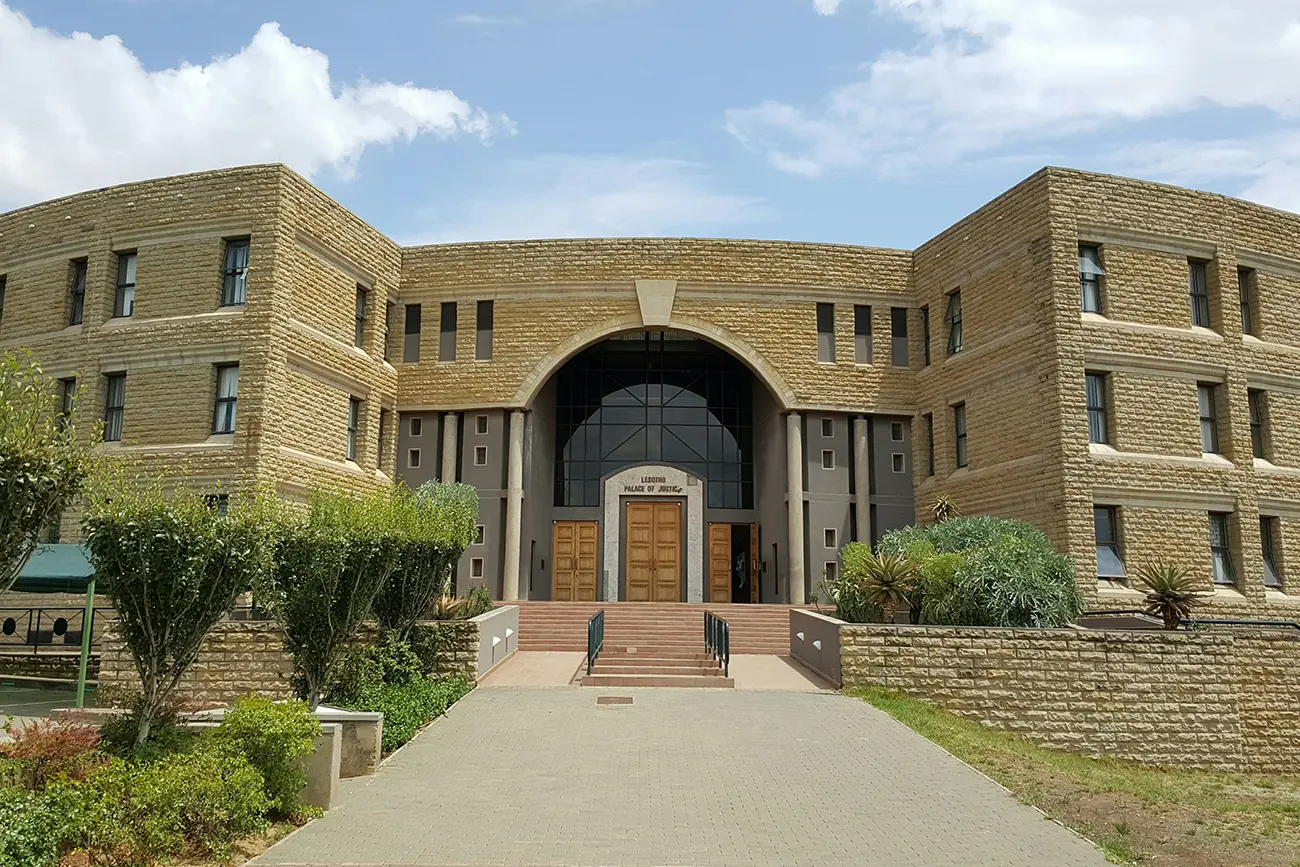
Daily Mail
THE Southern Africa Litigation Centre (SALC) is calling on the women movement in Africa to champion justice delivery because of the unequal status of women before law in many African countries.
SALC deputy director and HIV programme manager Priti Patel said this in a statement issued by Gender Links (GL) opinion and commentary service editor Saeanna Chingamuka.
Ms Patel said despite most Southern Africa Development Community (SADC) countries having constitutions that enshrine non-discrimination based on sex as well as provisions for equality before the law, a number of laws remain on the books which explicitly discriminate against women.
Ms Patel cited the Constitutional Court in Lesotho that has reserved judgement on a succession to chieftainship case that is being challenged by a woman, Senate Masupha.
She said Ms Masupha is arguing that the Chieftainship Act that only provides for male succession to chieftainship is discriminating her on the basis of her sex to succeed as chief of her village, adding that yet, the country’s Constitution provides for non-discrimination based on sex.
Ms Patel said the case demonstrates how customary laws and practices can be a hindrance to the attainment of equality.
She added that in Botswana, there is a case currently before the High Court where three sisters are suing their nephew for the right to inherit the family home that according to customary law devolves to the youngest son and his heirs not the youngest child, which in this case is a daughter.
Ms Patel, said “If such has been the thinking of courts around the world, then it is a wonder that we have achieved equality in law with respect to race relations in America or equality for same-sex relationships in South Africa. It also fundamentally misinterprets the role of the court, which is to uphold the constitution and rule of law, not to cater slavishly to public opinion.”
She observed that the unequal status of women in law throughout the region is not due solely to entrenched discrimination, saying “indeed, in other sectors such as HIV, great gains towards ending discrimination in law have been made. Why is that not the case with respect to women?”
Ms Patel said some of the explicitly discriminatory laws continue in part because many SADC countries have claw-back clauses in their constitutions.
She said this means that although there is protection against discrimination on the basis of sex or gender, this protection is not extended to either matters related to customary law.
Ms Patel said it is unfortunate that regardless of these legal hurdles, which are arguably surmountable, very few women have been willing to even bring such cases in courts.
http://www.daily-mail.co.zm/?p=17997



